Covid Inquiry: What have we learned after three weeks in Belfast?
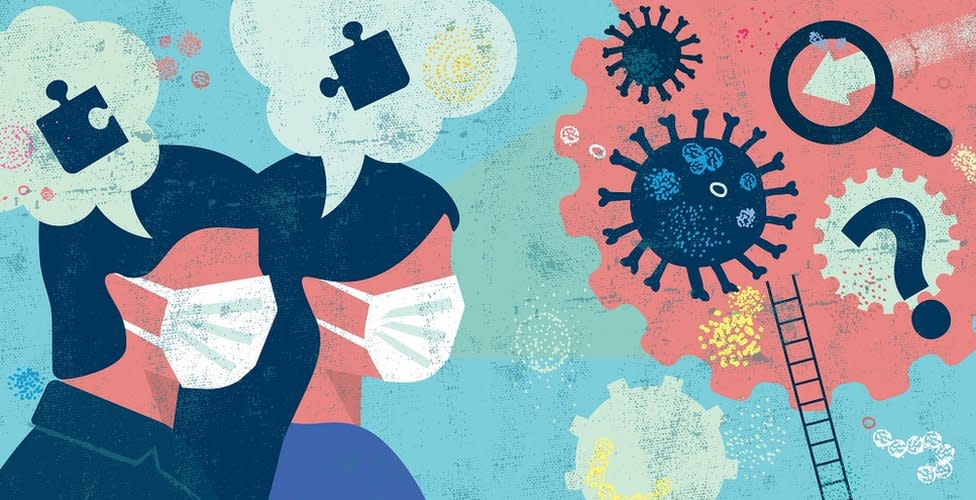
The UK Covid-19 Inquiry in Northern Ireland has heard devastating evidence with multiple failings across several departments, including the Department of Health (DoH).
Three weeks of hearings in Belfast has seen forensic scrutiny of health policy, and how crucial information was communicated by health officials and sought by others.
We learned that "political dysfunction" hampered the roll-out and compliance of some Covid-19 policies.
By January 2021, this had a direct impact on cases and fatalities, counsel to the inquiry said.
The inquiry has left a trail of unanswered questions and talking points for the health service.
How were care homes failed?
On day one and in opening statements the plight of care home residents, owners, staff and families was laid bare.
The inquiry heard how older people had become the first casualties of the pandemic and had been "forgotten" about.
The commissioner for older people's description of a sense of "hospitals being cleared of old people and sent into care homes, not tested" was chilling.
Eddie Lynch said the action by the Department of Health was "reckless".
However, in his evidence to the inquiry, the chief medical officer said that discharges were not the "major factor" in terms of infection.
Over the next three weeks a stream of questions examined plans around protecting the vulnerable in advance of, or during, the pandemic.
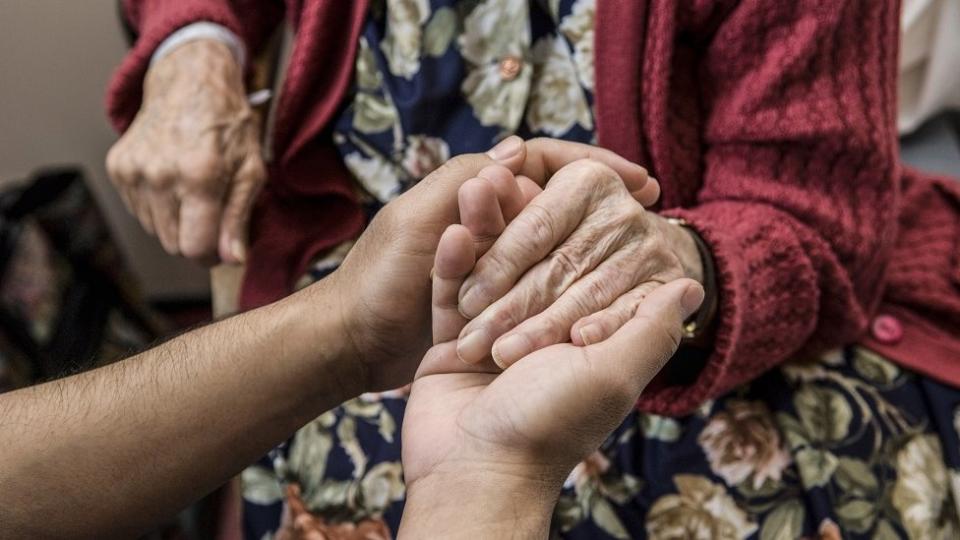
Among the questions: "Where was the risk analysis?"
Care home owners said they had felt "forgotten about" in the planning for an emergency.
In the closing statement, counsel for the commission said: "Older people were left horribly exposed."
Was the Department of Health ready?
Three years without an assembly prior to the pandemic left its toll.
In closing remarks, counsel for the bereaved said the years of austerity and underfunding with single year budgets left departments including health "ravaged and worn".
That impacted on staffing across the system which, when required to act quickly, simply wasn't there.
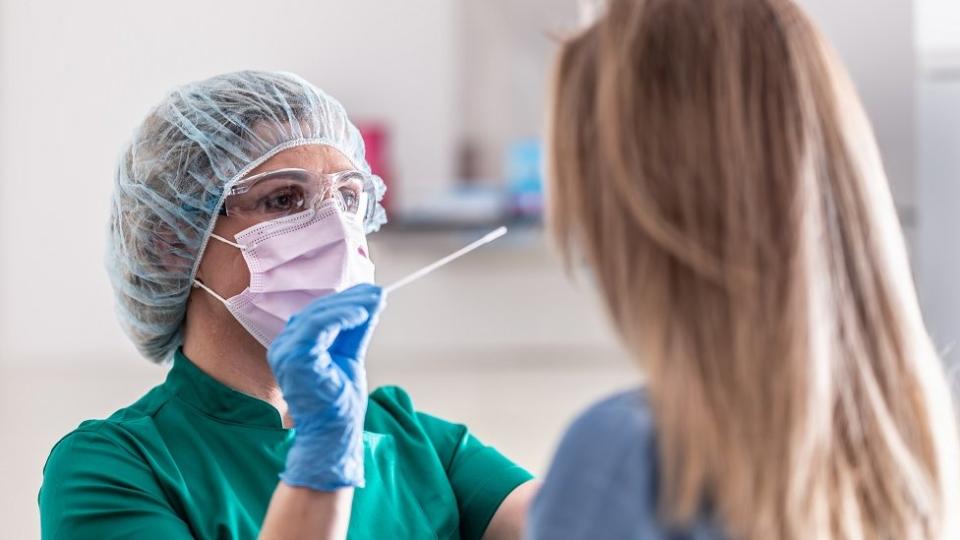
The test and tracing system was "understaffed" and, according to the chief medical officer, the Public Health Agency (PHA) did not react with speed to the severity of what was unfolding.
The chief scientific advisor was on sick leave from mid-February in 2020.
The DoH did not replace Prof Ian Young - he returned at the end of March.
How did those in charge deal with the pandemic?
To answer this, we first need to confirm who was in charge.
The inquiry attempted to - but with little success.
The answer depended on who was in the witness box.
The former permanent health secretary, Richard Pengelley, said health hadn't taken the "lead" while others including the chief medical officer (CMO), Prof Sir Michael McBride, suggested it had.
As CMO, Sir Michael McBride denied straying into overtly political issues, and he also rejected a suggestion he "over-reached" on his responsibilities by asked to "clear" briefing papers sent to the Executive Office at the outset of the emergency.
Evidence confirmed that health officials had agreed to discharge care home residents to hospitals without testing.
In his evidence the Health Minister, Robin Swann, said more could have been done to prevent care home deaths and that it wasn't until 10 March that the "penny dropped" for him about the "grave position" Northern Ireland was in.
While Mr Swann said he did not believe it was his responsibility for other ministers not understanding the seriousness of Covid, he said if there was a failure on his part to sound the alarm bell louder, he accepted that.
How do bereaved families feel about the inquiry?
The families said the UK Covid Inquiry should have spent longer looking into what happened in Northern Ireland.
Spokesperson Brenda Doherty said the inquiry revealed failings in health and social care and how badly Northern Ireland had been let down by its politicians.
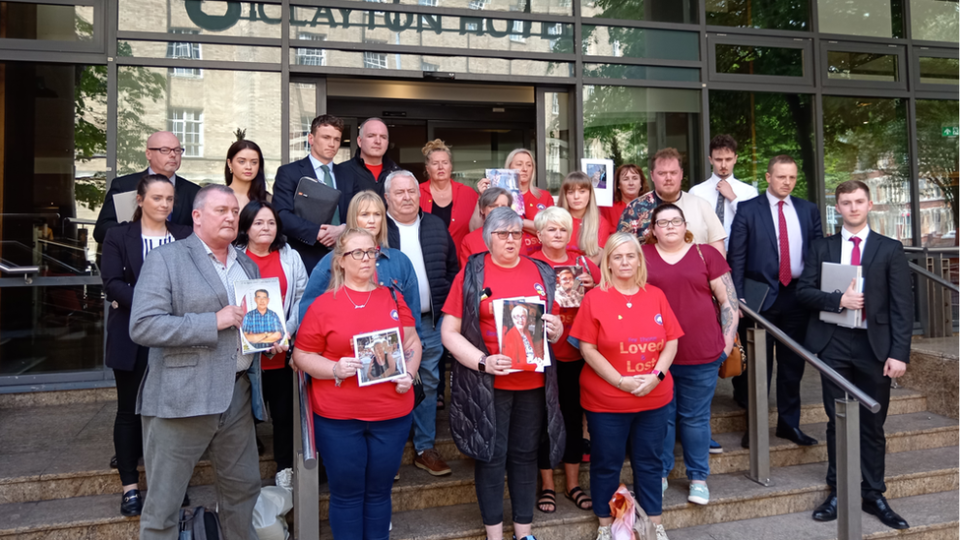
Those who lost loved ones said some days they felt "deflated… others they got a result".
Nothing will bring back their dads, mums, aunts and grannies, but legislation to prevent other mistakes from happening would be a result, the families said.
What needs to happen next?
According to both the inquiry and bereaved families, the government can start planning for civil contingencies and name who is responsible for initiating and leading a cross-departmental response in a crisis.
Legislation is required to safeguard the elderly, those with disabilities and the vulnerable.
A small but important example, the inquiry heard, is for care homes to be equipped with visiting pods and protective equipment that they can install without families losing contact even for one day.
Do inquiries achieve anything?
Public inquiries aren't designed to be pleasant, easy, even satisfactory. And the UK Covid-19 Inquiry sitting in Belfast is no exception.
The families aren't satisfied with the time it spent examining the situation in Northern Ireland, who was probed, and the answers revealed.
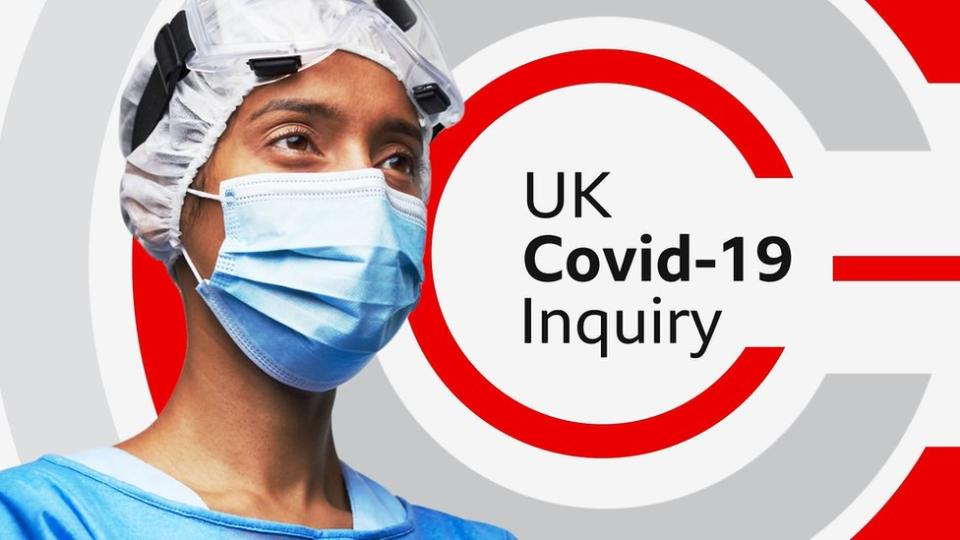
But when questioning was forensic it managed to expose what happened in care homes and the huge mistakes that followed.
According to the families, it also exposed the lack of "overarching responsibility" for leading and managing the pandemic.
History proves that inquiries tend not to deliver a great deal in Northern Ireland with families often left fighting the system for decades.
To borrow a phrase from the inquiry, who borrowed it from the late Mo Mowlam, there is hope that enough people listening will "bloody well get on and do it".

